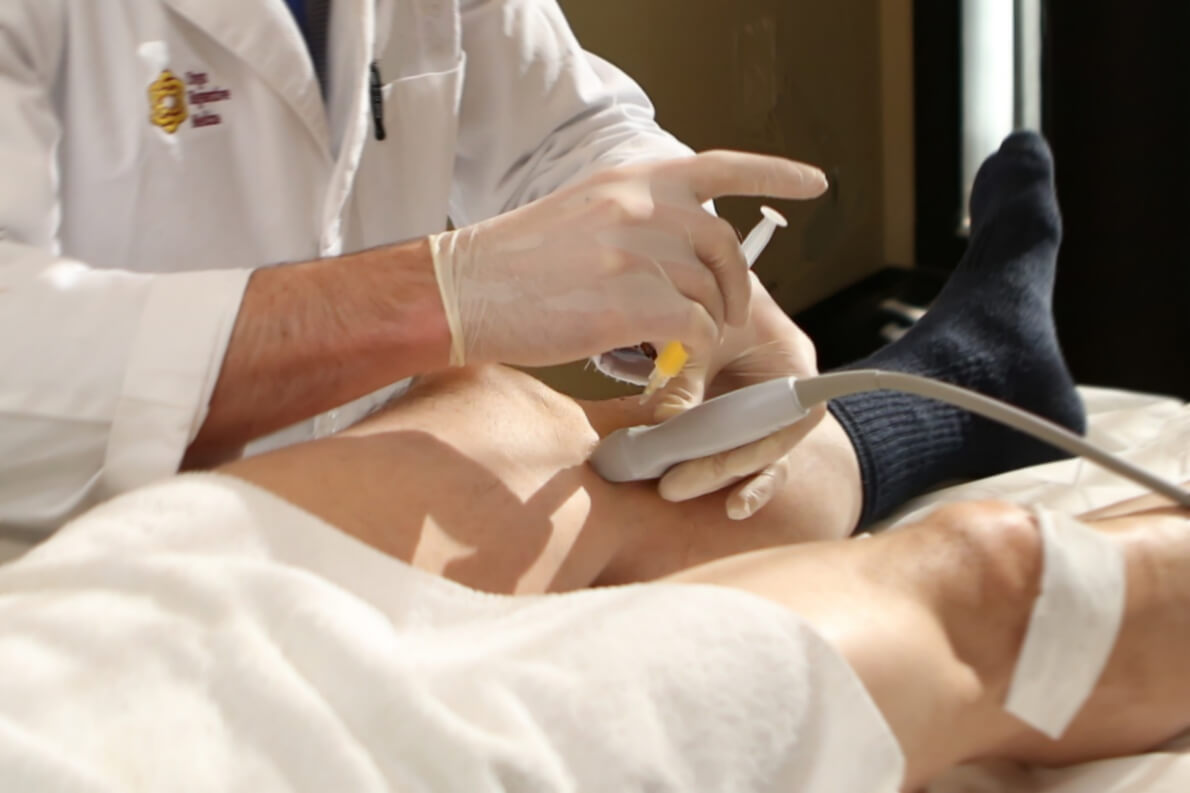
When knee pain starts to interfere with daily activities, it's common to consider knee replacement surgery as a last resort. However, surgery is not the only option for finding relief from knee pain and improving mobility. There are several effective alternatives to knee replacement surgery that may help you manage your symptoms and delay or even avoid surgery altogether.
One of the most popular non-surgical alternatives to knee replacement surgery is physical therapy. A skilled physical therapist can work with you to develop a personalized exercise program that can help strengthen the muscles around your knee, improve flexibility, and reduce pain. Physical therapy can also help you improve your balance and coordination, which can reduce the risk of falls and further injury. In some cases, physical therapy may be enough to relieve your knee pain and improve your mobility without the need for surgery.
Another non-surgical option for managing knee pain is injections. Corticosteroid injections can help reduce inflammation and relieve pain in the knee joint. These injections can provide temporary relief from symptoms, allowing you to continue with your daily activities while you explore other treatment options. Another type of injection that is commonly used for knee pain is hyaluronic acid. This substance acts as a lubricant and shock absorber in the knee joint, helping to reduce pain and improve mobility.
Bracing is another non-surgical option for managing knee pain. A knee brace can provide support and stability to the knee joint, reducing pain and improving mobility. There are many different types of knee braces available, ranging from simple sleeve-style braces to more complex hinged braces. Your doctor or physical therapist can help you choose the best brace for your needs and show you how to use it effectively to support your knee.
Acupuncture is another alternative therapy that has been shown to be effective in managing knee pain. This ancient Chinese practice involves inserting thin needles into specific points on the body to help restore the flow of energy and relieve pain. Acupuncture can help reduce inflammation, improve circulation, and stimulate the body's natural healing processes. Many people find that acupuncture provides relief from knee pain and improves their overall mobility.
Diet and lifestyle changes can also play a significant role in managing knee pain. Maintaining a healthy weight is crucial for reducing stress on the knees and preventing further damage. A diet rich in anti-inflammatory foods, such as fruits, vegetables, whole grains, and fatty fish, can help reduce inflammation and pain in the knee joint. Regular exercise, such as walking, swimming, or cycling, can help strengthen the muscles around the knee and improve flexibility and mobility.
Supplements such as glucosamine and chondroitin are also commonly used to help manage knee pain. These natural substances are found in the cartilage of the joints and can help support joint health and reduce pain. While the research on the effectiveness of these supplements is mixed, many people find that they provide relief from knee pain and improve their mobility.
If conservative treatments do not provide adequate relief, there are also minimally invasive procedures that can help alleviate knee pain without the need for surgery. Procedures such as arthroscopic surgery, radiofrequency ablation, and platelet-rich plasma therapy can target the underlying cause of knee pain and provide long-lasting relief. These procedures are often performed on an outpatient basis and have minimal downtime, allowing you to return to your normal activities quickly.
In conclusion, there are several effective alternatives to knee replacement surgery that can help you manage your knee pain and improve your mobility. From physical therapy and injections to acupuncture and bracing, there are many options available to help you find relief from knee pain without undergoing surgery. By working with your healthcare provider to explore these alternatives, you can find a treatment plan that is tailored to your specific needs and goals. Whether you are looking to delay surgery or avoid it altogether, there are many options available to help you stay active and pain-free.